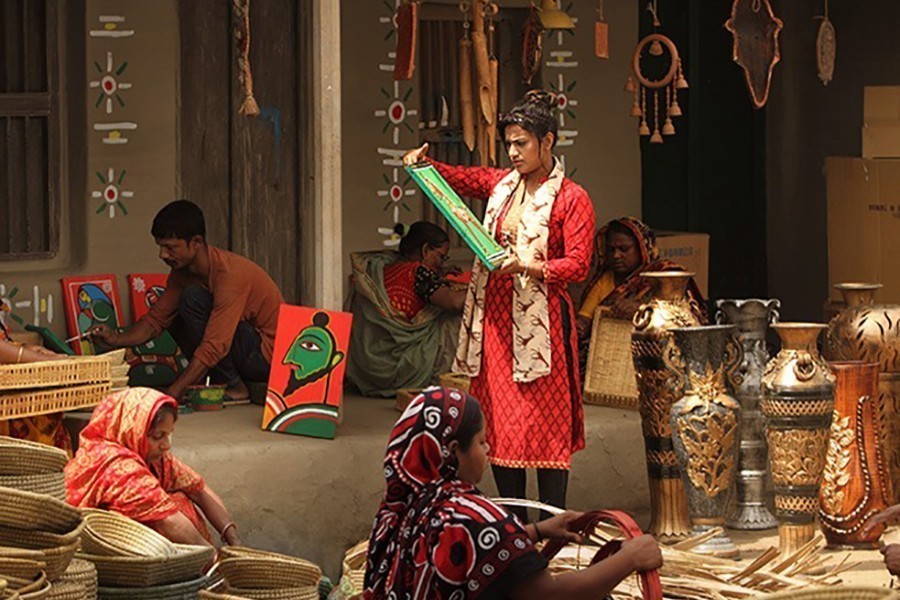It is like beating about the bush. Or, else why should financial and industrial experts now contend that cottage, micro, small and medium enterprises (CMSMEs) do not have a clear definition and therefore need to be redefined. The argument about the lack of clarity of enterprises belonging to a sector that, according to the president of Dhaka Chamber of Commerce and Industry (DCCI), employs almost 80 per cent of the workforce in the industrial sector and contributes 45 per cent value addition to the manufacturing sector speaks volumes for the constraints on their growth to full potential. It came up for discussion at a workshop virtually hosted by the DCCI. If the standing or status of productive enterprises is not properly and precisely determined, the confusion surrounding those stands in the way of their candidature not only for loans but also for a host of other essential services and in some cases preferential treatment including concessionary tariff.
This happens in a normal time but during a once-in-a-century crisis like the on-going pandemic, the CMSMEs should be clearly categorised under different segments in order to remove both misconception and confusion. About one thing there is, however, no doubt that many of the manufacturing cottage units at micro and small levels are run by enterprising but little educated or even unlettered village people. These are not well organised and documents are hardly maintained or updated for those. Unsurprisingly, the government's Tk 400-billion stimulus package could not be disbursed entirely on the one hand and on the other, the deserving candidates have no access to the loan because they cannot fulfil the formalities. About Tk 155 billion from the first Tk 200 billion bailout package could be disbursed and from the second package, only Tk 62.17 billion could be allocated. Streamlining the process is not easy because the banks have to ensure that the loans disbursed have to be realised in time.
Some micro enterprises do not even have bank accounts and others have nothing to show as collateral and still others have no permanent assets or machines for production of their handicrafts. Some even collect raw materials from unclaimed water bodies or fallow lands or forests. Quite a few of such handicrafts have a good market abroad but they cannot expand production capacity only because they are not organised enough and do not have enough capital. Hogla or elephant grass and palm leaf are some such raw materials used for making beautiful baskets, boxes, purses and a host of assorted utility goods.
Clearly, many such micro and small enterprises remain outside the pale of stimulus package also because the formalities are not as simple and straightforward as could help cover them. A data bank, as suggested by the presenter of the key note at the workshop, was the key to overcoming the fallibility and lapses now ailing the sector. In that case, detailed information has to be gathered about the CMSMEs for preparation of the data bank. The channel of communication with such enterprises has to be constantly kept open in order to exchange views and if necessary guide those facing problems in business. We suggest development of a network of industrial extension services much like the agricultural extension offices.


